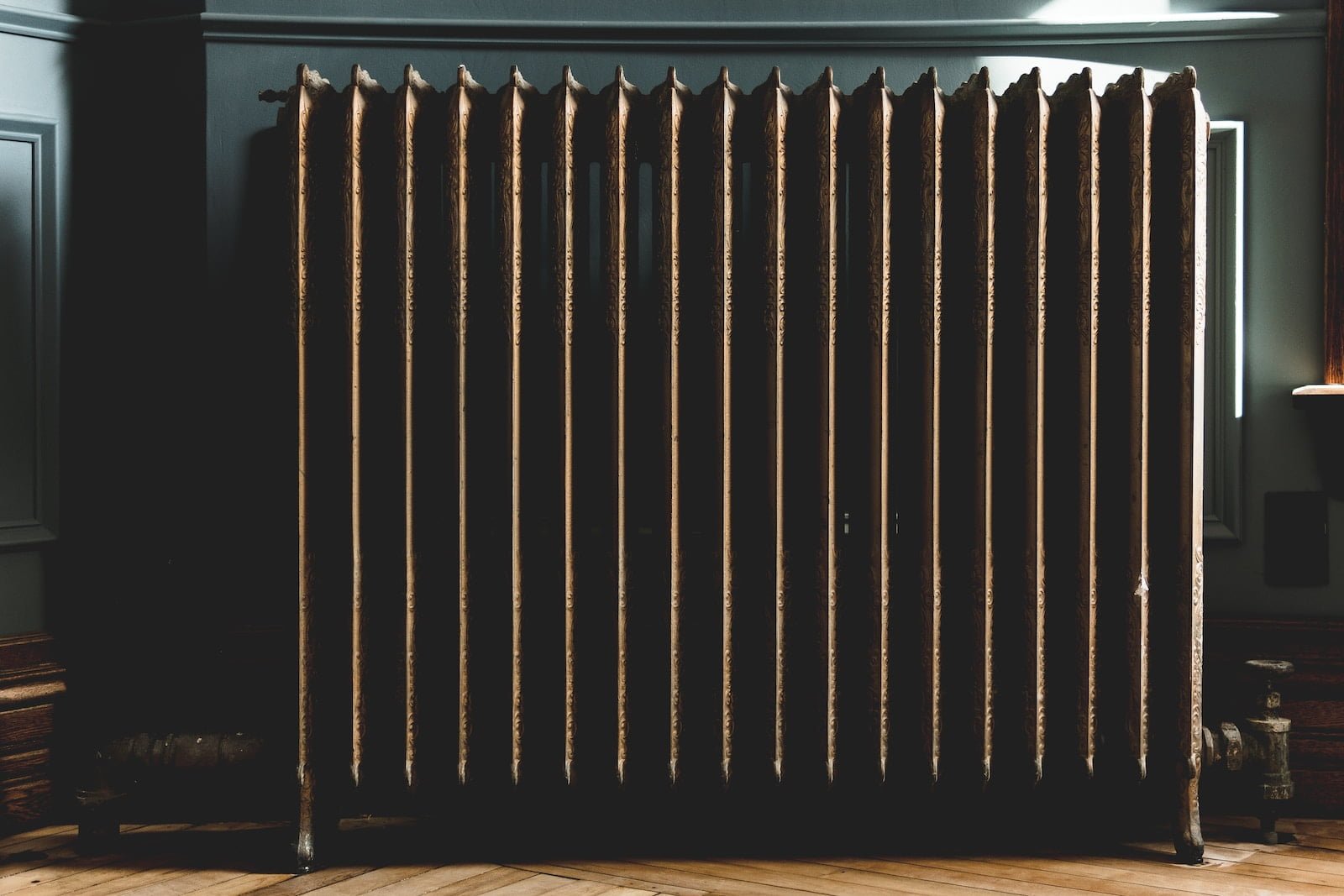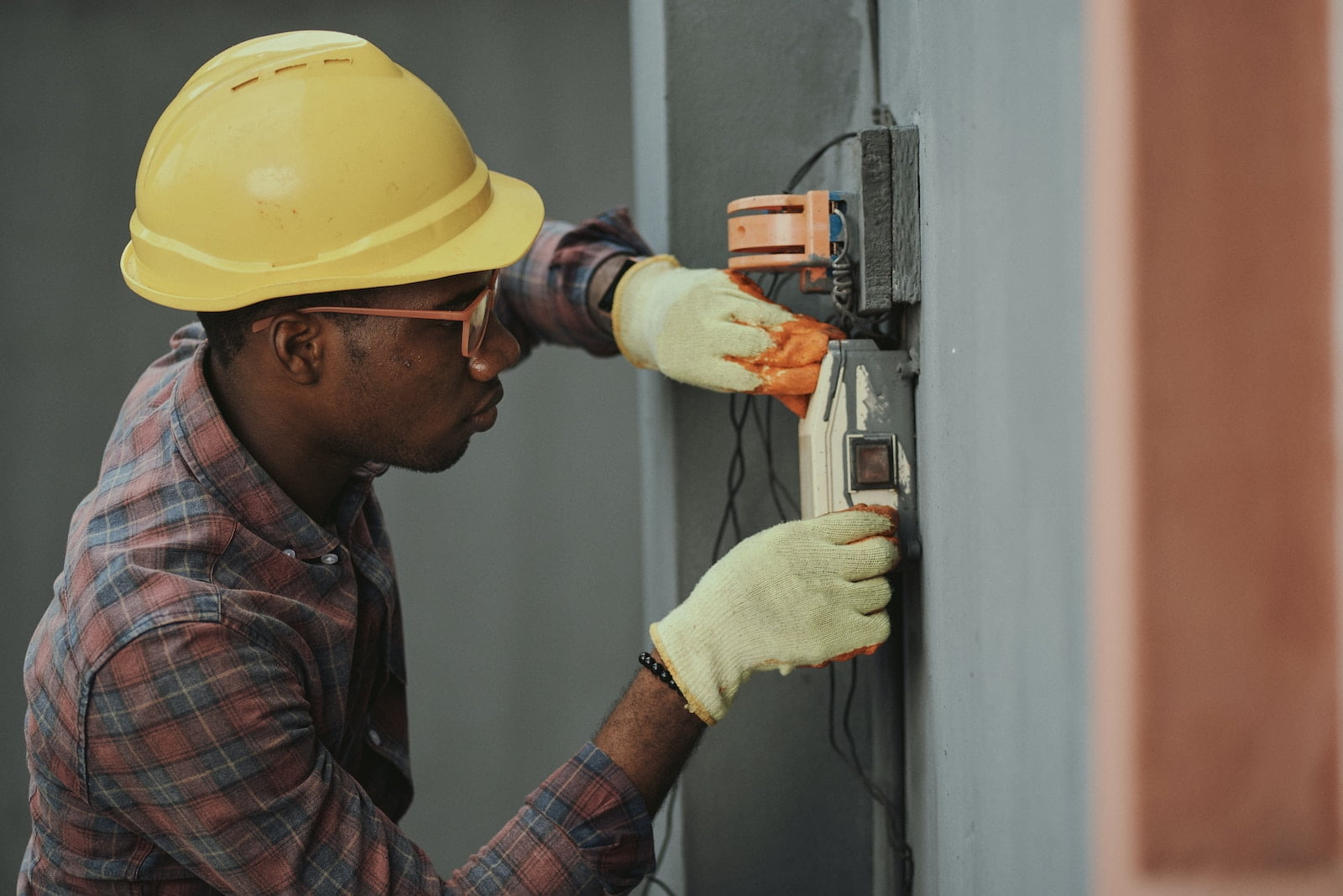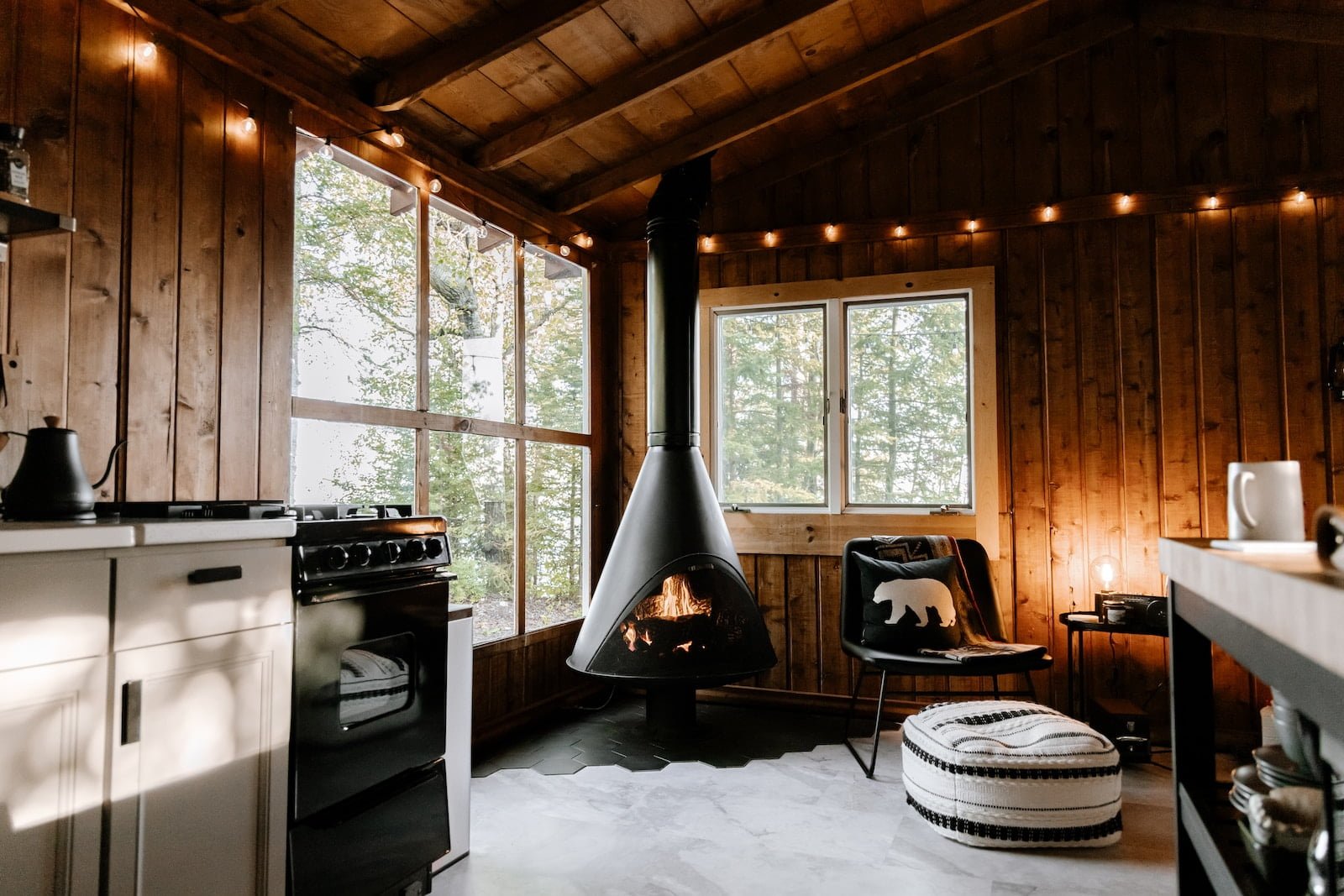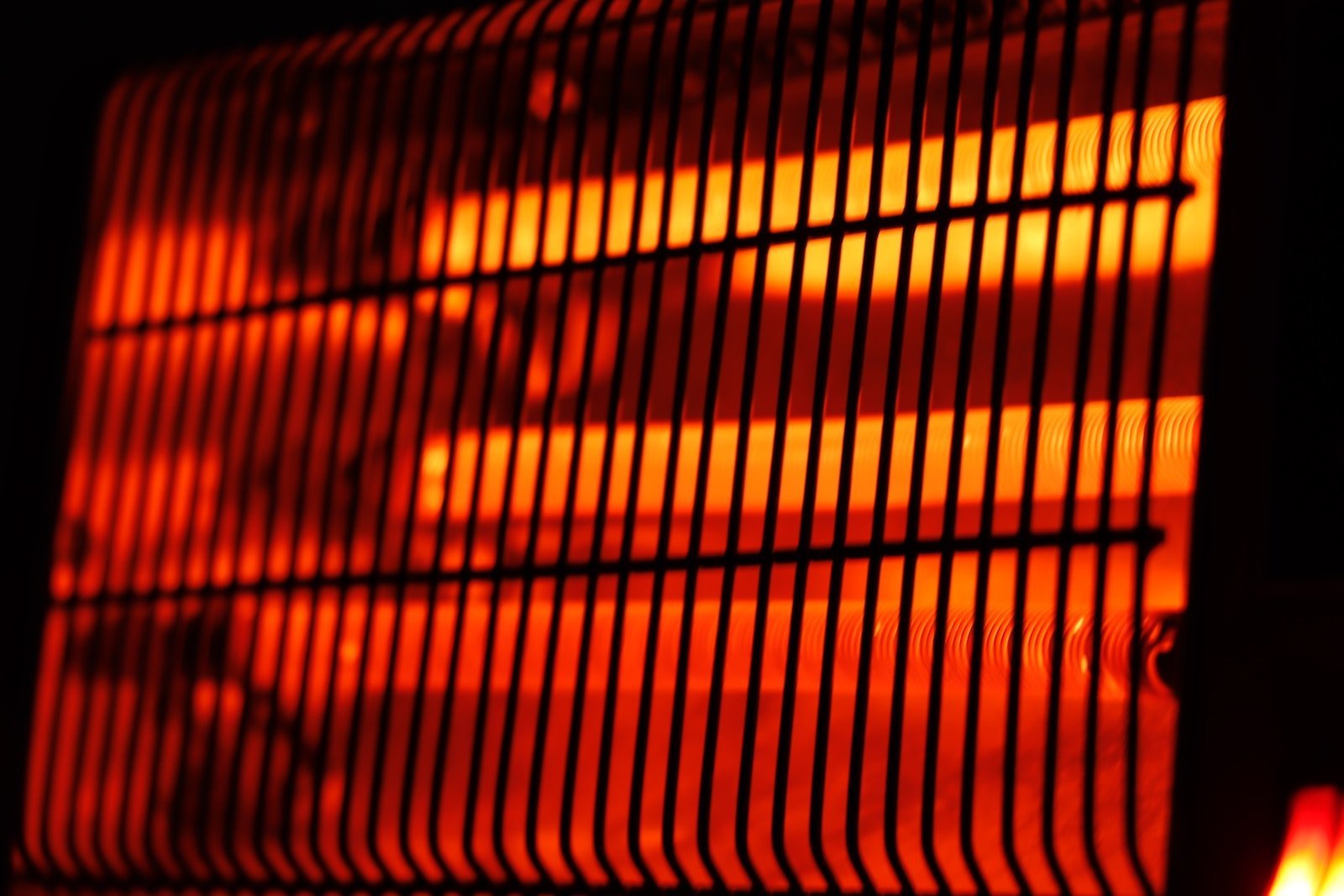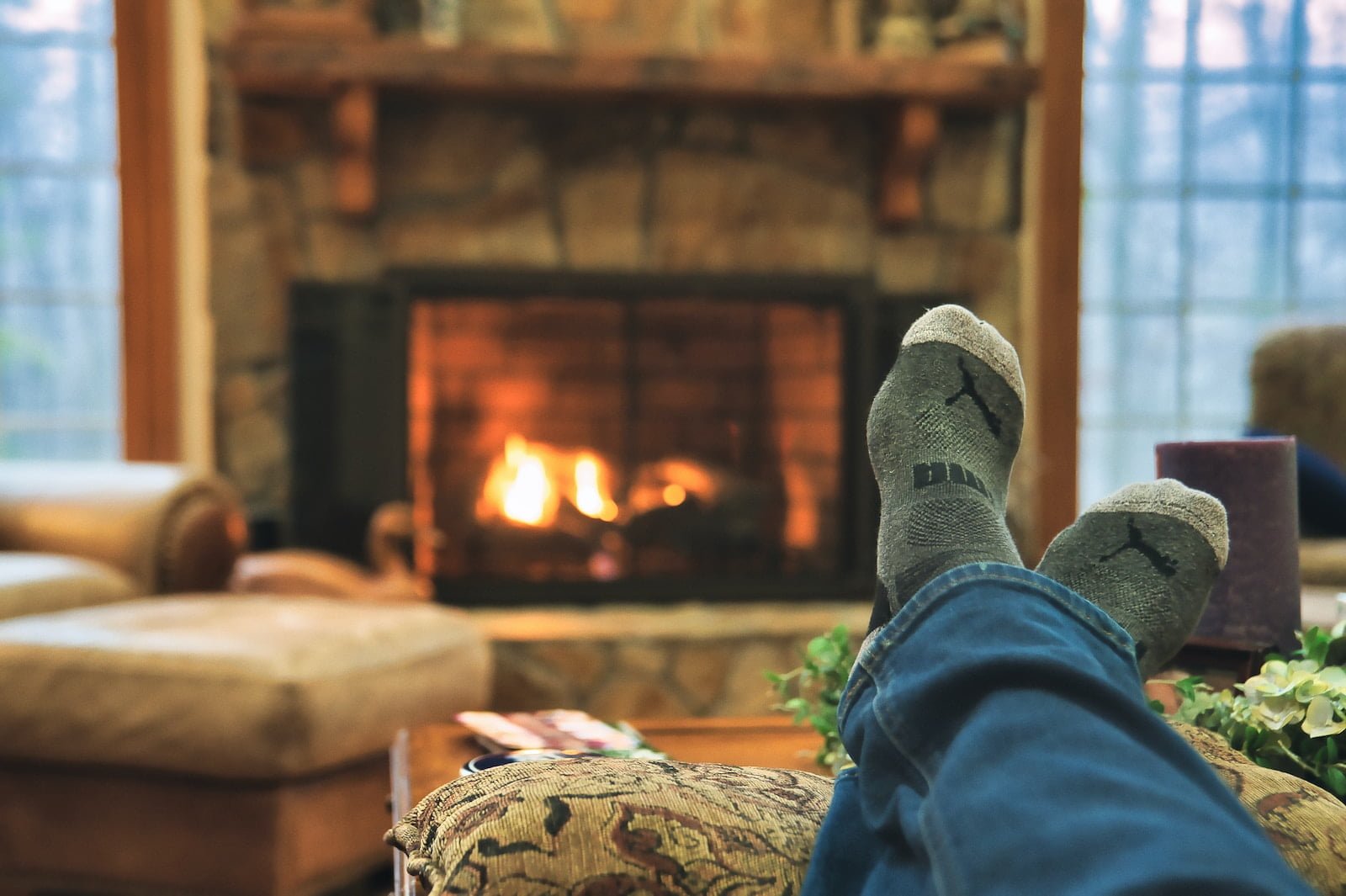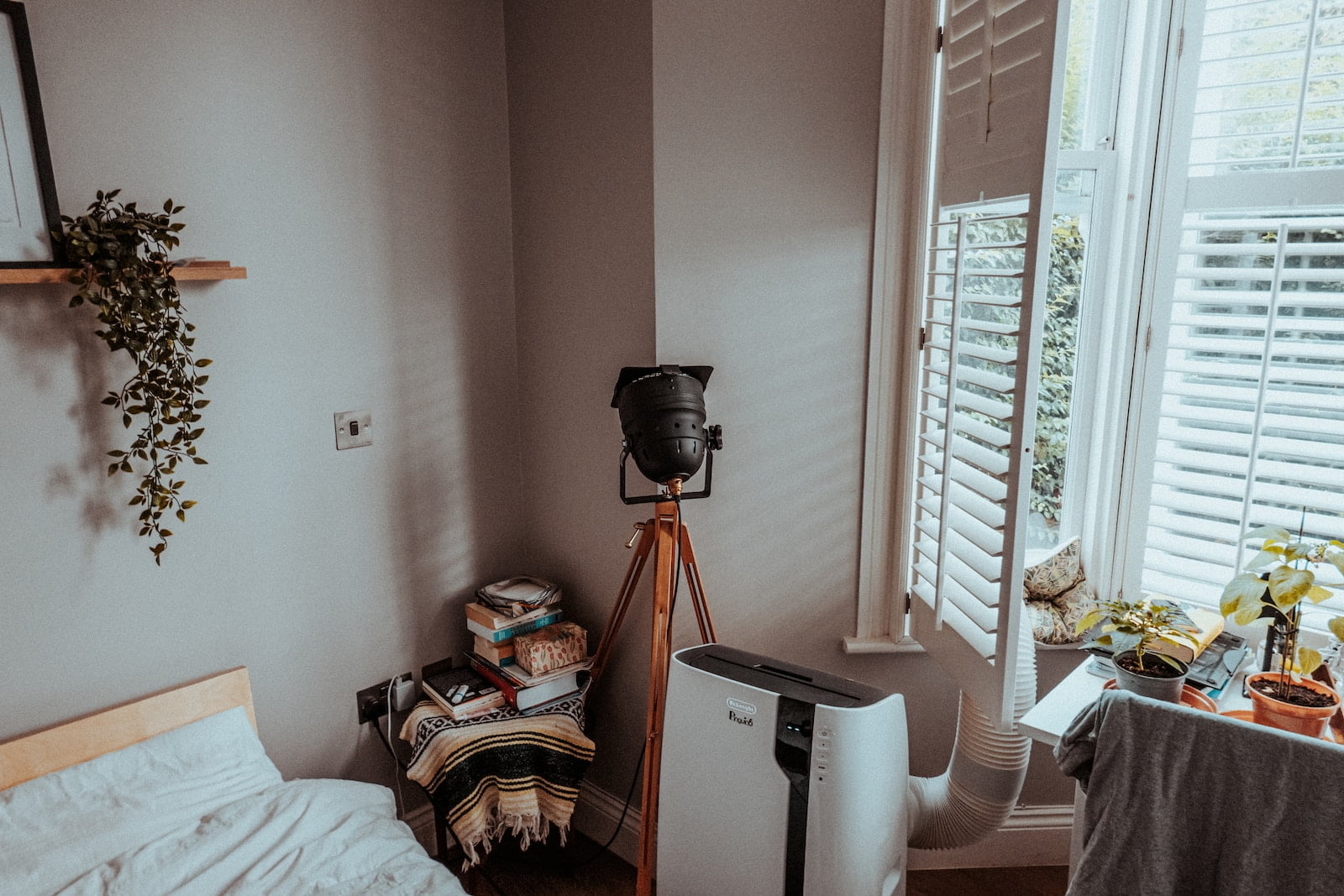Improving Your Home’s Heating: How Leaky Windows Affect Efficiency
As the temperatures drop and winter approaches, it’s crucial to ensure that your home’s heating system is functioning at its best. Not only does a well-maintained heating system keep you and your loved ones comfortable during the colder months, but it can also save you a significant amount of money on energy bills. However, one often overlooked factor that can affect the efficiency of your heating system is leaky windows. In this article, we’ll explore why improving your home’s heating is important and how leaky windows can impact its efficiency.
Firstly, a well-functioning heating system is essential for maintaining a comfortable indoor temperature during the winter. A malfunctioning or inefficient heating system can result in uneven heating, cold spots, and drafts, making it difficult to stay warm and cozy. Furthermore, a poorly functioning heating system can lead to higher energy bills, as it may have to work harder to maintain a comfortable temperature.
Secondly, leaky windows can significantly impact the efficiency of your heating system. Windows that are not properly sealed or insulated can allow cold air to enter your home, causing your heating system to work harder to maintain a consistent temperature. This can result in higher energy bills and unnecessary wear and tear on your heating system. Therefore, it’s essential to address any issues with your windows to ensure that your heating system is functioning at its best.
The impact of leaky windows on heating efficiency
Leaky windows can have a significant impact on your home’s heating efficiency. When air leaks in and out of your home through gaps in your windows, it can cause your heating system to work harder to maintain a comfortable temperature. This means that your energy bills can be higher than they need to be.
There are several ways that air can leak in and out of your windows. One common way is through gaps between the window frame and the wall. This can happen if the window wasn’t installed properly or if the frame has warped over time. Another way that air can leak in and out is through the glass itself. Single-pane windows are particularly prone to this, as they don’t provide as much insulation as double- or triple-pane windows.
If you suspect that your windows are leaky, there are a few things you can do to improve your home’s heating efficiency. One option is to seal any gaps around the window frame using caulking or weatherstripping. This can help prevent air from leaking in and out of your home. Another option is to replace your windows with more energy-efficient models. Look for windows with a high Energy Star rating, as these are designed to provide optimal insulation and reduce energy costs.
Identifying and fixing leaky windows: How to locate leaks, DIY fixes, and when to call in a professional
If you have noticed that your windows are leaking, it is essential to identify the source of the leak as soon as possible. One way to locate the leak is by using a flashlight to inspect the window frame, sash, and glass for signs of damage or wear. Another way is to use a spray bottle filled with water and spray it on the window from the outside while someone is inside looking for leaks. If you find a leak, it is important to fix it immediately to prevent further damage to your home.
There are several DIY fixes that you can do to fix a leaky window. One of the easiest ways is to apply weatherstripping around the window frame to create a tight seal. Another way is to apply caulk around the window frame to fill any gaps or cracks. However, if the damage is severe, it may be best to call in a professional to fix the leak. A professional can assess the damage and recommend the best course of action to fix the leak and prevent future leaks.
Overall, identifying and fixing leaky windows is an important task to maintain the integrity of your home. By locating the leak, using DIY fixes, or calling in a professional, you can prevent further damage and keep your home safe and secure.
Other ways to improve your home’s heating efficiency: Insulation, weatherstripping, and upgrading to energy-efficient windows
In addition to upgrading your heating system, there are several other ways to improve your home’s heating efficiency. One of the most effective ways is to add insulation to your walls, attic, and floors. Insulation helps to keep the heat inside your home, which means that your heating system doesn’t have to work as hard to maintain a comfortable temperature. Another way to improve your home’s heating efficiency is to weatherstrip your doors and windows. This involves sealing any gaps or cracks around the frames to prevent cold air from entering your home.
Lastly, upgrading to energy-efficient windows can make a big difference in your home’s heating efficiency. Energy-efficient windows are designed to prevent heat from escaping your home, which means that your heating system doesn’t have to work as hard to keep your home warm. They are also designed to allow more natural light into your home, which can help to reduce your reliance on artificial lighting. Overall, these small changes can add up to significant energy savings and a more comfortable home during the colder months.
Conclusion: The Benefits of Improving Your Home’s Heating Efficiency
In conclusion, improving your home’s heating efficiency can bring a range of benefits. Firstly, it can lead to significant cost savings on your energy bills, which can be especially important during the colder months. Secondly, it can increase the overall comfort of your home, ensuring that you and your family are warm and cozy throughout the winter. Finally, improving your heating efficiency can have a positive environmental impact, reducing your carbon footprint and helping to combat climate change.
By taking steps to improve your home’s heating efficiency, such as upgrading your insulation, sealing any drafts, and investing in a more efficient heating system, you can enjoy these benefits while also doing your part for the planet. So why not take the first step today and start exploring the options available to you? With so many benefits to be gained, it’s a decision that you won’t regret.
